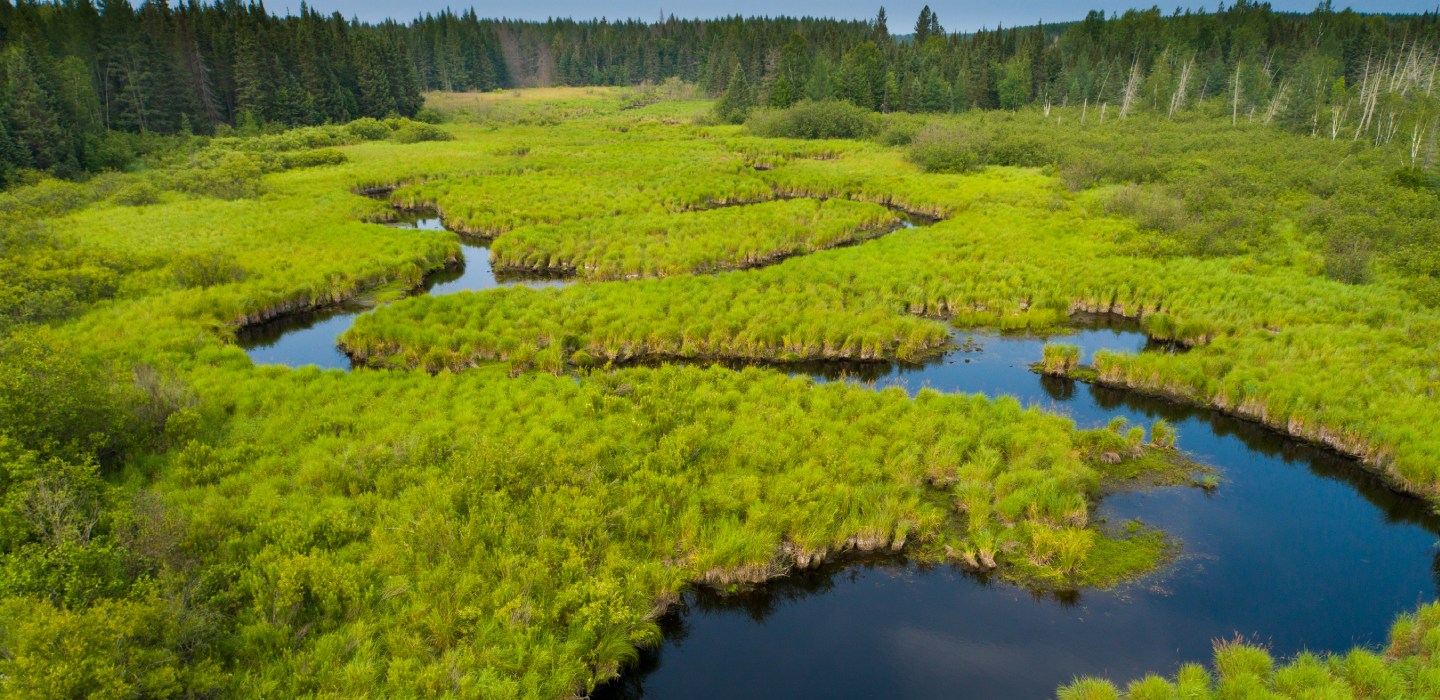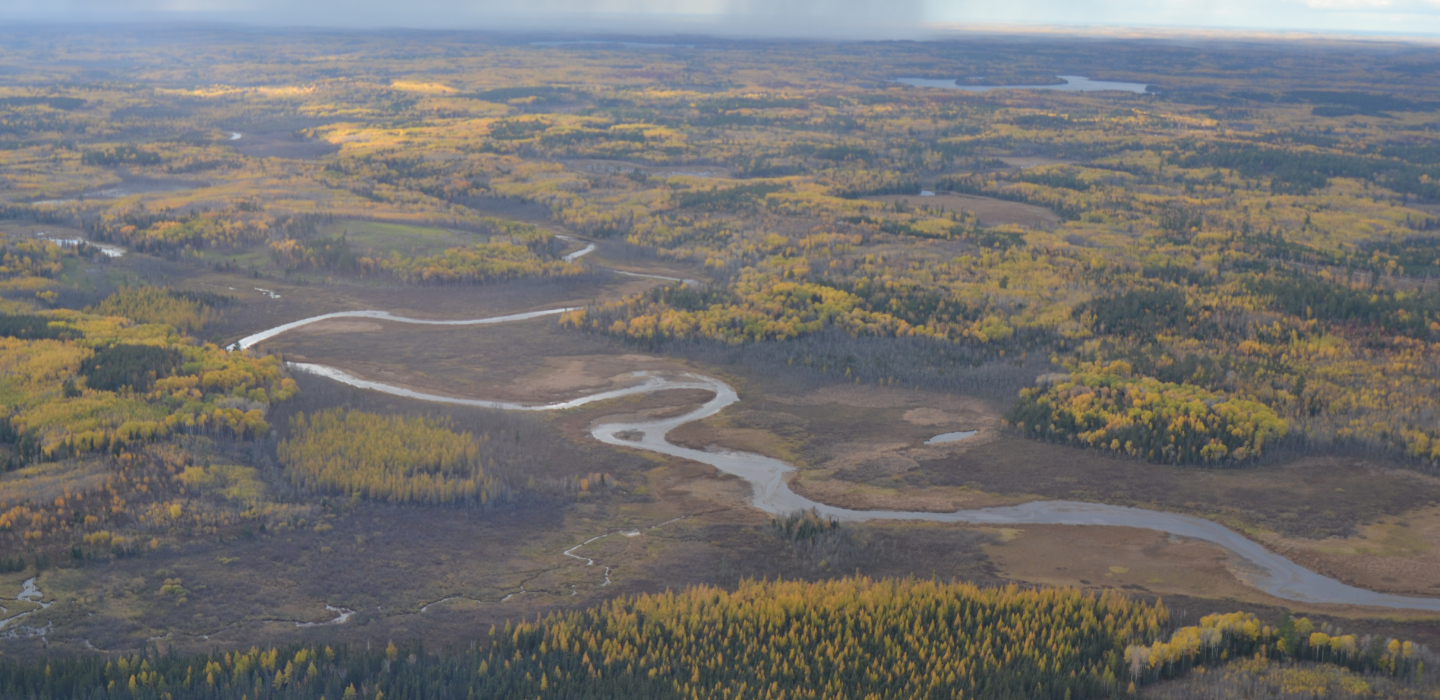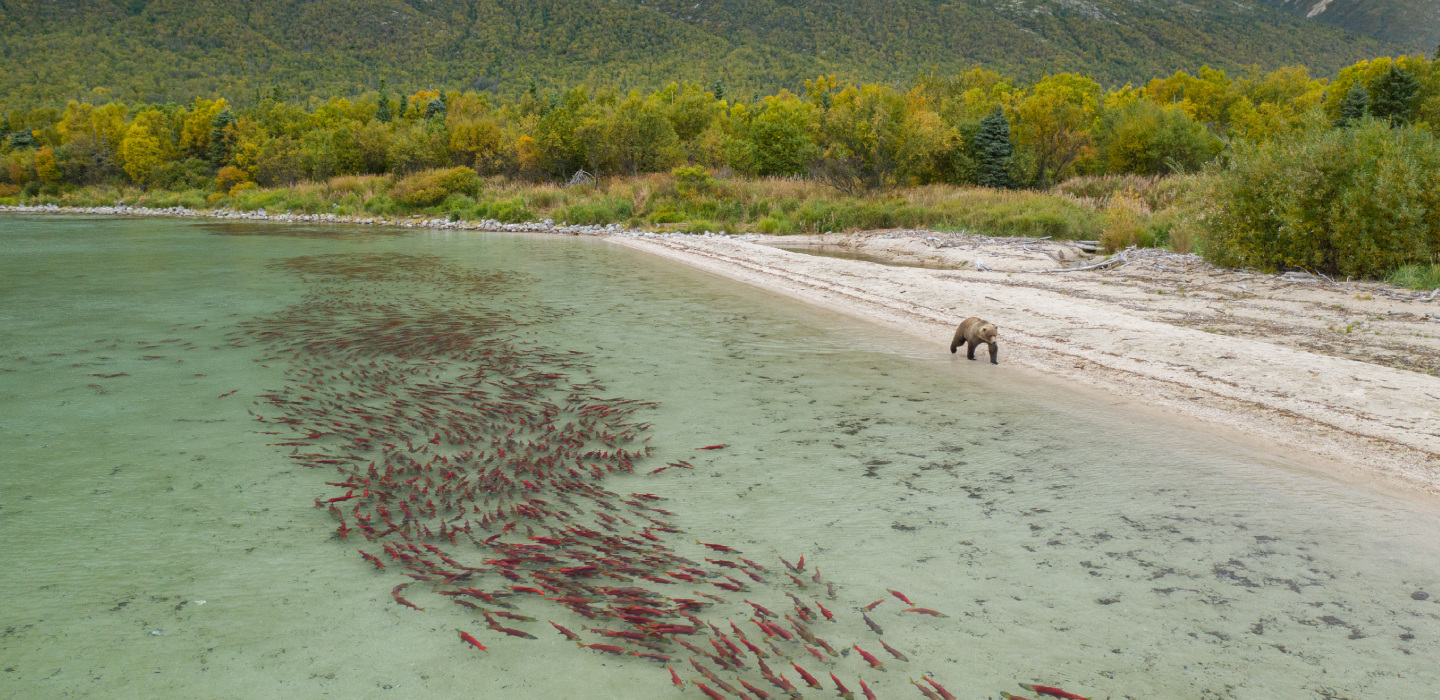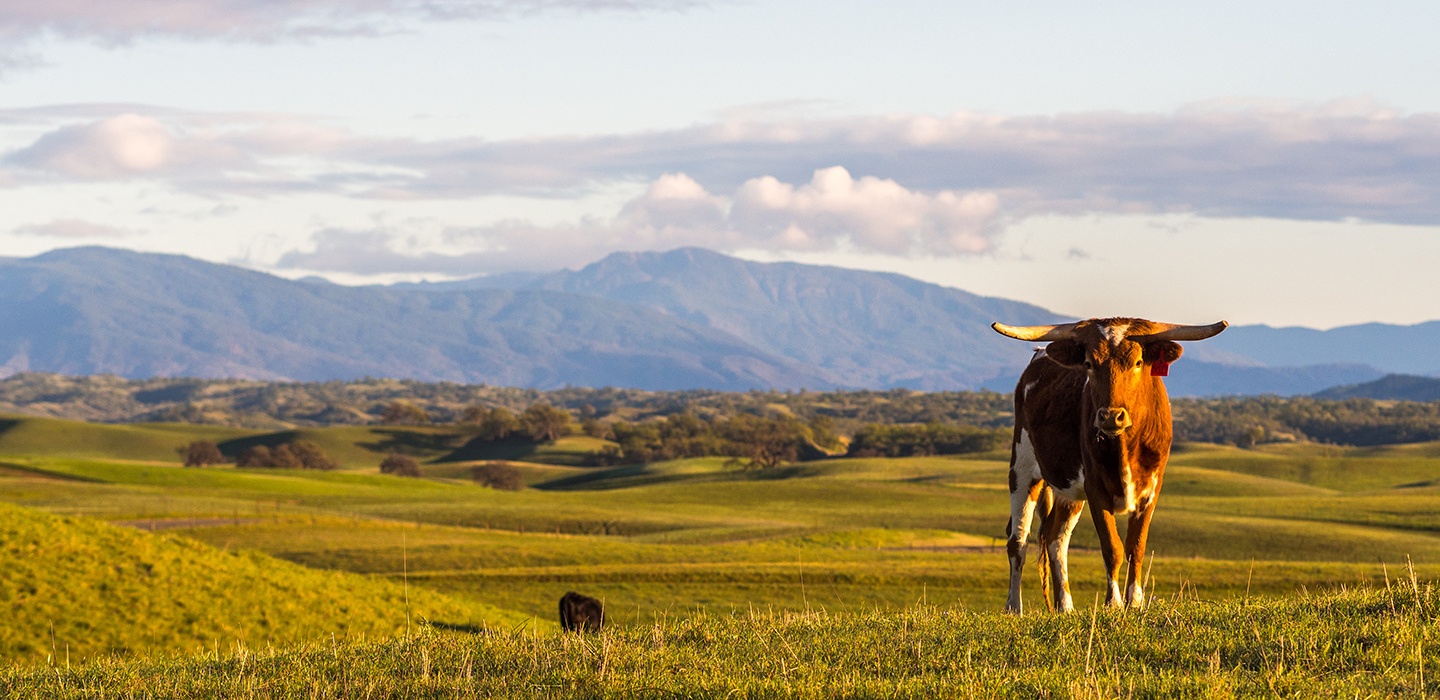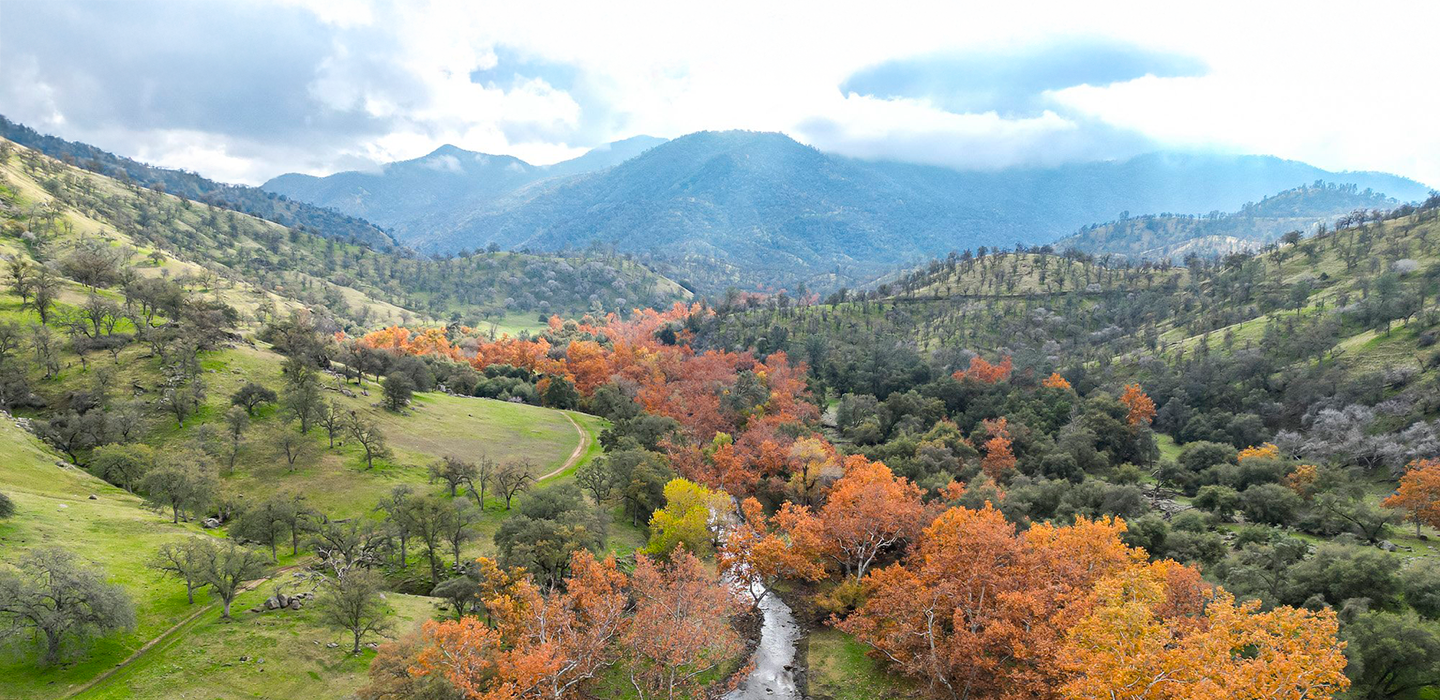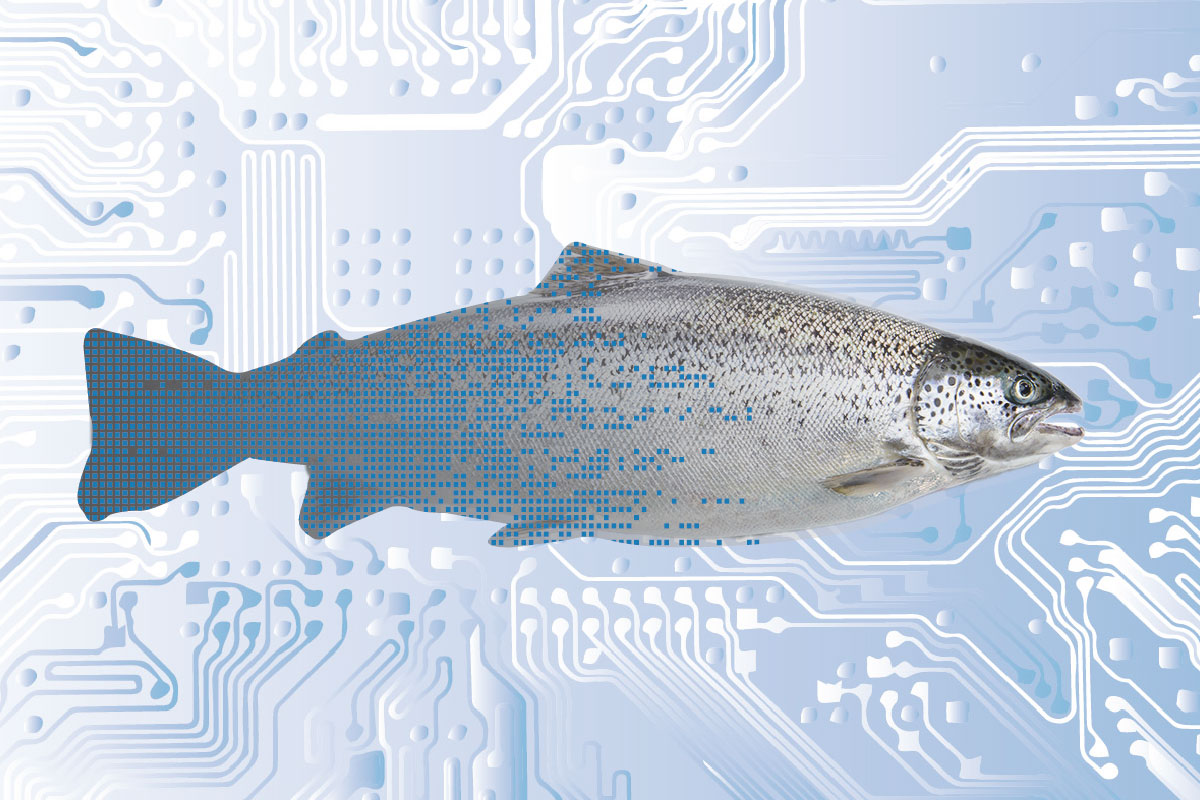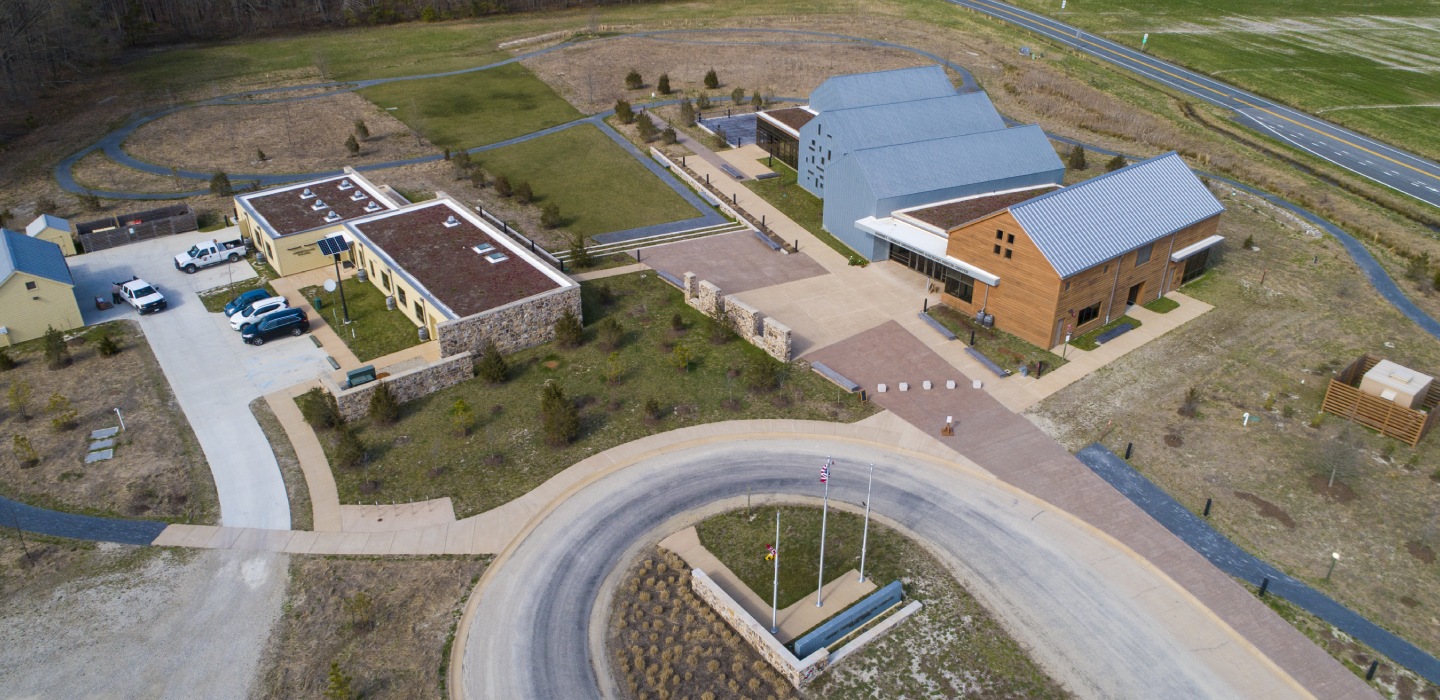Community Food Sovereignty
We’re helping empower communities to determine their own future and the stewardship of their natural resources, food systems and local economies.
Conservation of our land and water resources is inextricably tied to food production and the health of people. If a community doesn’t have control over the health of their land and water, it often means that they don’t have control over their food, and in turn, their health.
What is Food Sovereignty?
At The Conservation Fund, we believe that food sovereignty — the basic right of people to choose the food they consume, as well as where and how it is produced — is a vital part of achieving social and environmental justice for all communities. But a combination of social and economic factors results in many communities across the United States having little control over their land and water resources, and facing disadvantages in accessing fresh, healthy and culturally appropriate food. This has implications for community, economic and environmental health.
Our Role
With funding from the W.K. Kellogg Foundation and the Agua Fund, TCF is partnering with the Rural Coalition, First Nations Institute, Land Loss Prevention Project, and The Indigenous Food and Agriculture Initiative on a three-year initiative that is using conservation as a tool to advance food sovereignty in vulnerable communities. The Community Food Sovereignty (CFS) initiative will focus on engaging communities in all aspects of the food system — from the soil the food is grown in to those that distribute it, to community members who rely on it.
Access — to land, water and capital — is the biggest barrier to community and tribal food sovereignty. Through funding and technical assistance, the coalition will work with communities around the country to overcome these barriers. The Conservation Fund and coalition partners will use their combined expertise in land acquisition, sustainable agriculture, innovative financing, rural economic development and social justice to empower tribal and other disenfranchised communities to take control of their local food systems.
The community-based, locally-led projects we support are doing everything from reclaiming tribal and ancestral agricultural lands, protecting and supporting farmworkers rights, teaching the next generation about sustainable agriculture and much more. Each project encompasses one or more of the six pillars of food sovereignty:
- Focuses on food for people
- Values food providers and their right to live and work in dignity
- Localizes food systems
- Puts control locally
- Builds agricultural knowledge and skills
- Works with nature
Why This Project Matters
Food sovereignty puts those who produce, distribute and consume food at the heart of the food system. It also encourages agricultural practices that increase harvests and production while avoiding toxic chemicals and improving the resiliency of local food systems in the face of climate change. By taking a multi-faceted approach to food sovereignty that incorporates economic, environmental and social justice, the CFS initiative is empowering communities to determine their own future and the stewardship of their natural resources, food systems and local economies.
Photo credits (from top of page): Olivia Jackson
